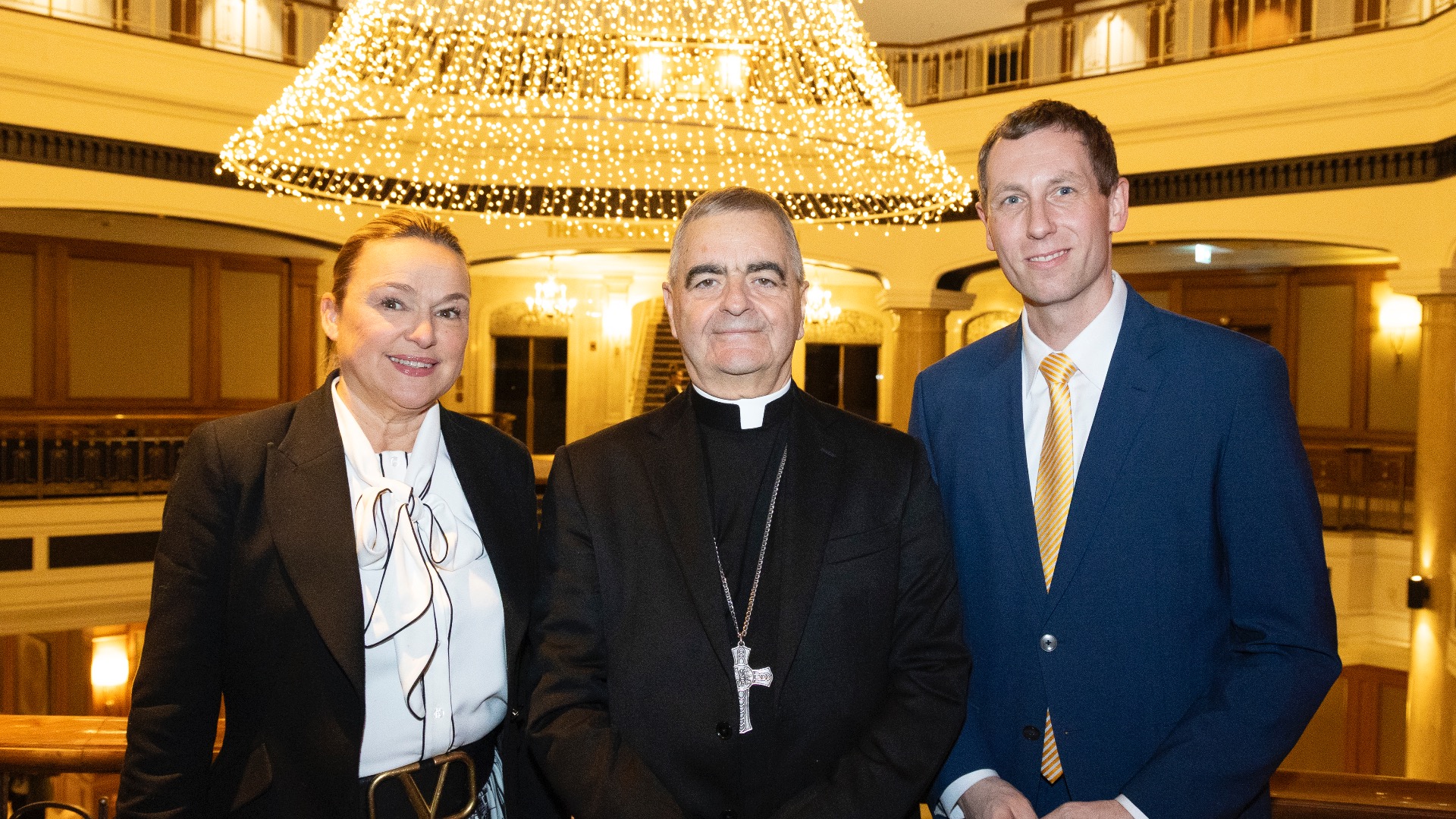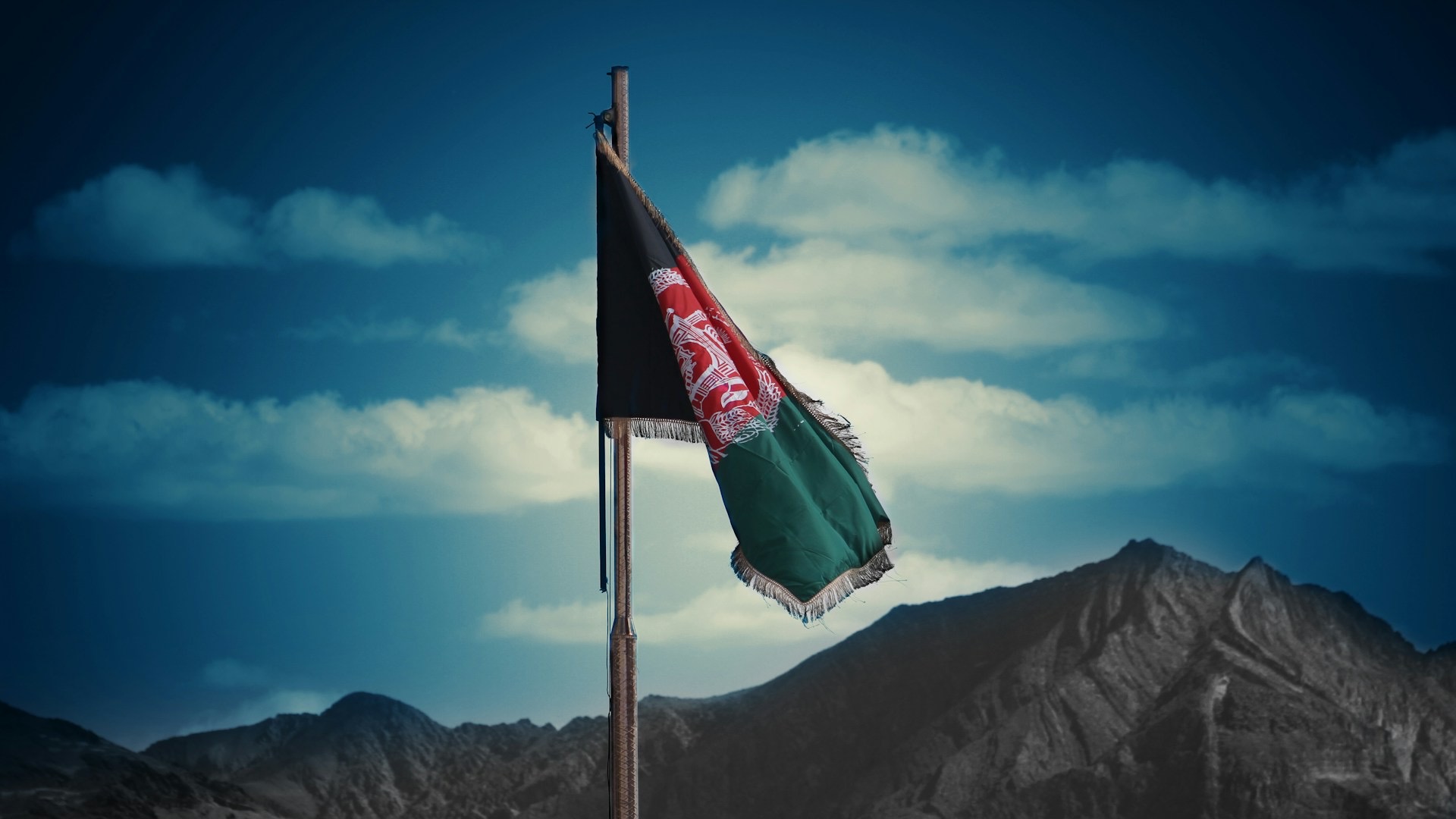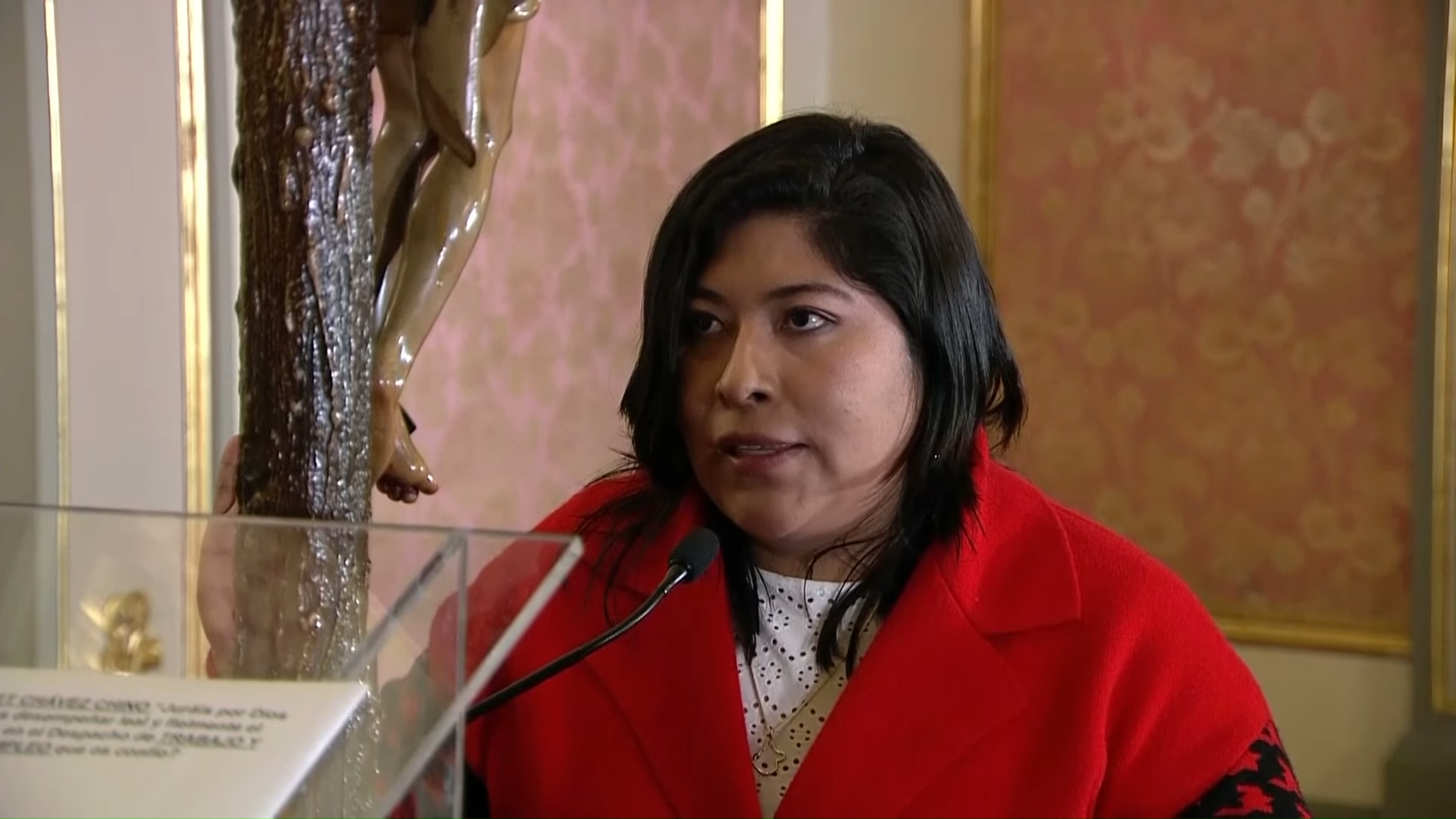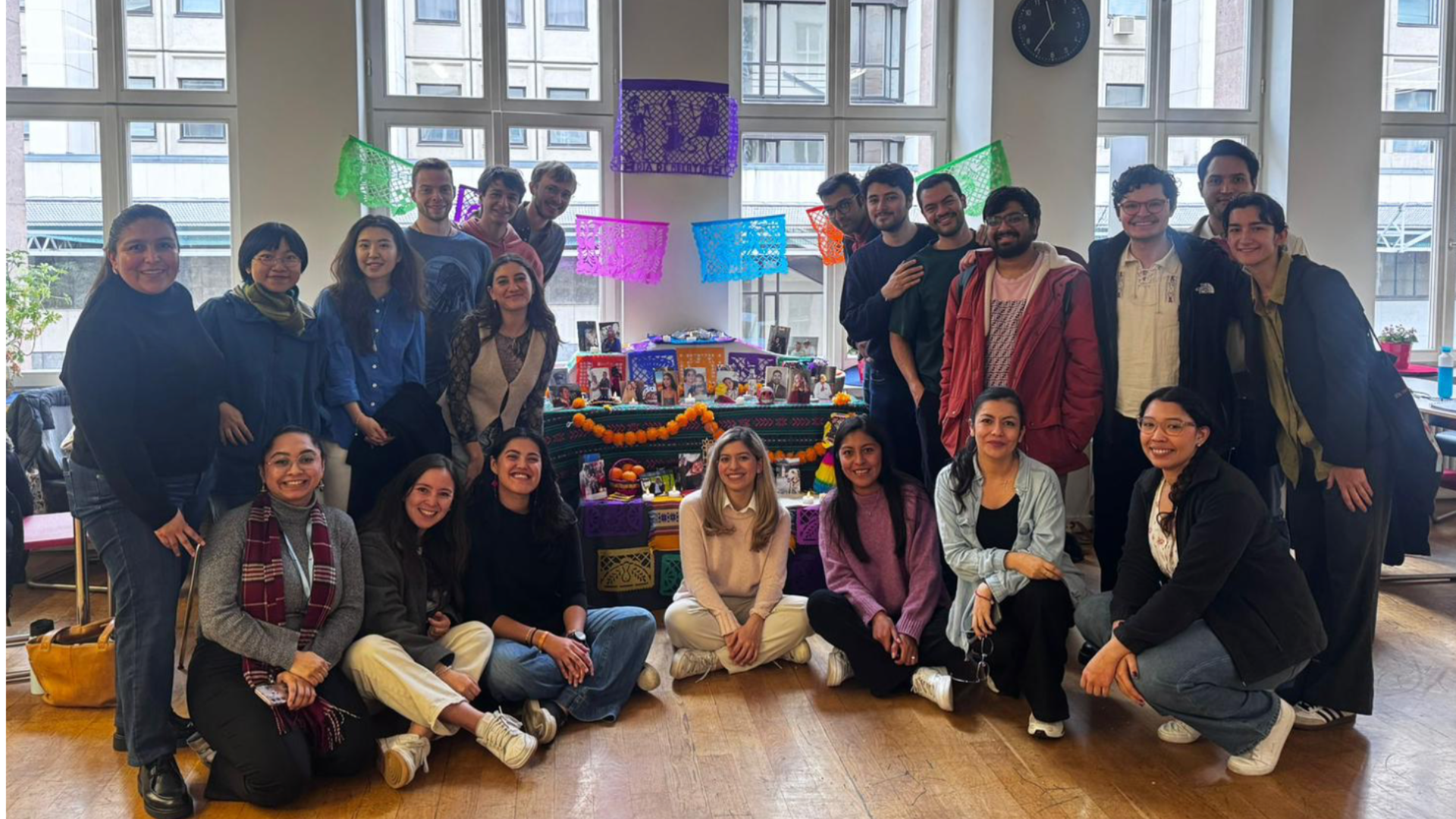
Africa’s Development Dynamics 2025
Hosted at the OECD Berlin Centre, today’s pre-launch of Africa’s Development Dynamics 2025 brought together a diverse panel of policymakers, economists, and diplomats to discuss the continent’s infrastructure priorities and the global partnerships needed to sustain them. Opening remarks by Dr. Nicole Renvert (DIHK), Ragnheiður Elín Árnadóttir (OECD Development Centre), and Birgit Pickel (BMZ) set the tone for a forward-looking exchange on how African and European cooperation can help mobilize investment for transformative growth.
Dr. Nicolas Friederici of the OECD presented the report’s key findings, emphasizing that annual investments of around USD 155 billion could raise Africa’s GDP growth by up to 4.5 percentage points if paired with better debt conditions, lower capital costs, and stronger project governance. The subsequent panel — featuring Ambassador Winnie Natala Chibesakunda of Zambia, Ambassador Phumelele Stone Sizani of South Africa, Jens Althoff (Strabag International), Dr. Henrik Maihack (Friedrich-Ebert-Stiftung), and Birgit Pickel explored how infrastructure corridors, urban development, and public-private partnerships can drive regional value chains and inclusive transformation.
Moderated by Dr. Nicola Brandt, the discussion highlighted the growing convergence between African and European priorities from sustainable finance to governance frameworks — and underscored Germany’s continued role in shaping these partnerships. The event closed with remarks by Christoph Kannengießer (Afrika-Verein), reinforcing that Africa’s infrastructure agenda is not just about building roads and power grids, but about laying the foundations for long-term economic sovereignty and global connectivity.





Polish Ambassador in Russia Attacked by Mob in St. Petersburg

Afghan Consulate in Bonn Reopens under Taliban Administration

Peru Cuts Diplomatic Ties with Mexico Over Asylum Dispute


